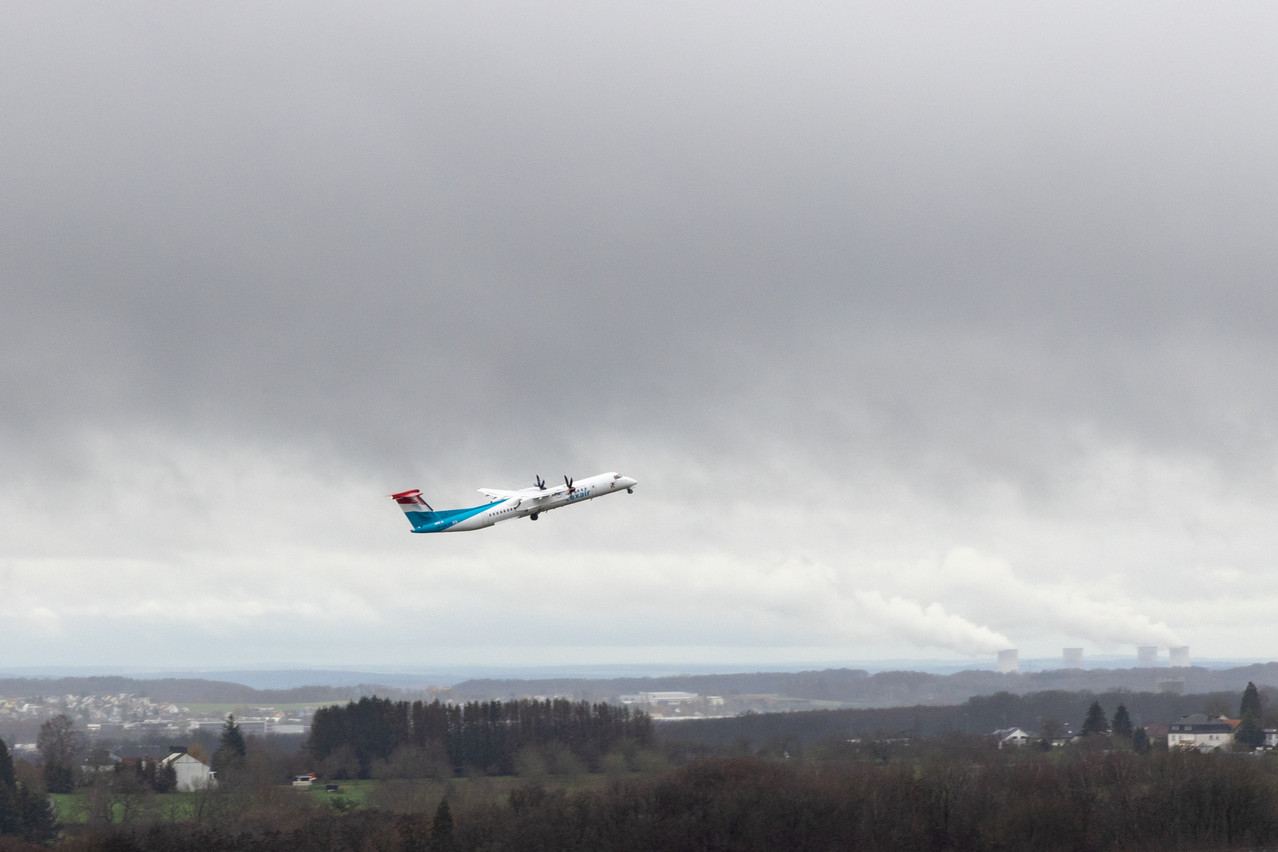According to the latest report published by the European Regions Airline Association (ERA) carried out by the economics and finance consultancy Oxera, the aviation sector and European and regional airlines are facing major issues, particularly on the operational front.
This is borne out by the news of the last few days, with Ryanair appealing to the Walloon government to find solutions to the problem of thousands of passengers missing their flights because of a shortage of security staff at Charleroi airport; or Brussels Airport which, faced with rising passenger numbers leading to saturation of its halls, has decided to invest €500m to improve things and maintain its position as a hub.
In Luxembourg, the national airline has not been spared the difficulties either, with rising costs and increasingly stringent regulatory requirements weighing on Luxair and threatening “its ability to continue to serve its communities effectively.” It’s a situation shared by other European airlines and exacerbated by post-pandemic inflation and the energy crisis. Another difficulty highlighted: encouraged to become greener, airlines nevertheless have to contend with rather limited sustainable aviation fuel (SAF) capacity, which also illustrates, says the report, the need for more intelligent and balanced regulations, in order to take better account of the reality of air carriers, guarantee equal access to infrastructure, combat unfair pricing practices...
Luxair, for its part, is working on measures to overcome these constraints, particularly in terms of sustainability by modernising its fleet. In terms of regulation, it supports the recommendations made by the ERA, in particular regarding “an update of the European Air Services Regulation and the adaptation of EU Regulation 261.” The Luxembourg company, like the ERA, is also calling for improved airspace management in line with the SES2+ programme in order to unify European airspace, and ultimately contribute to more efficient flights, better punctuality, lower fuel consumption or, more generally, to achieving the environmental objectives incumbent on the sector.
Regional aviation supports 335,000 jobs in Europe
“Regional airlines are the backbone of connectivity, linking communities, economies, and regions. At Luxair, we are fully committed to providing these critical services in a responsible and sustainable manner. However, escalating costs and increasingly burdensome regulations are threatening our ability to continue serving our communities effectively. We urgently need policies that are not only fair but also reflect the unique challenges regional airlines face, ensuring we can remain a reliable partner to the people and places we serve,” says Luxair CEO
This is a key issue, beyond simply transporting passengers. A pillar of the European economy, regional aviation generates €23.1bn in gross added value and supports more than 335,000 jobs, and up to 4.5m indirect jobs if we include tourism, of which aviation is a driving force. It also plays a social role by connecting underserved areas and guaranteeing access to essential services.
This article was originally published in .
